Bongolia Haze
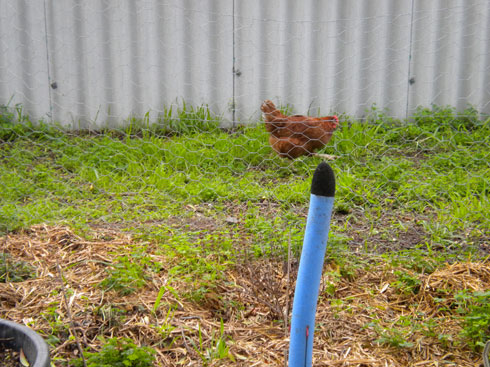
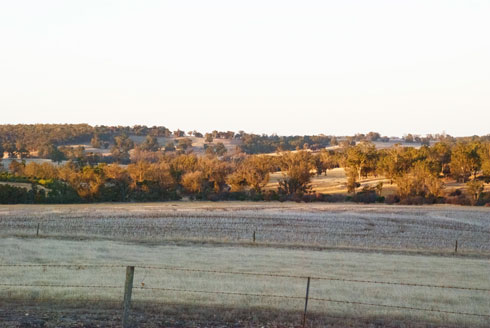
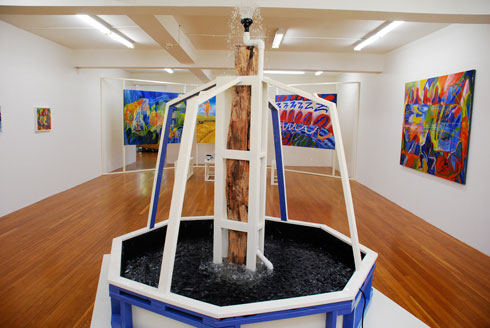
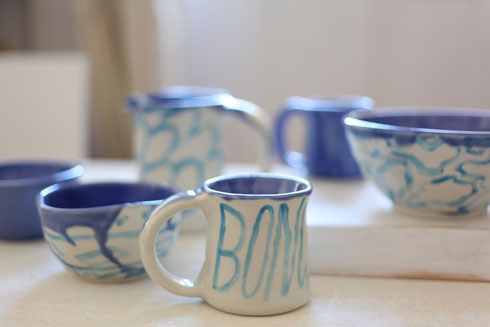
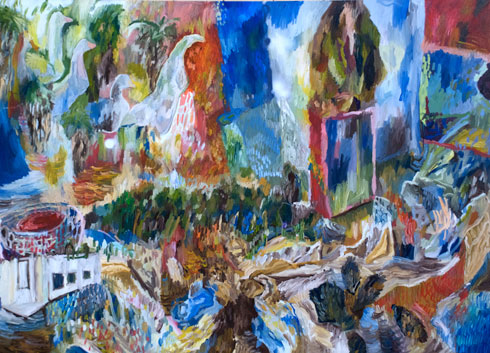
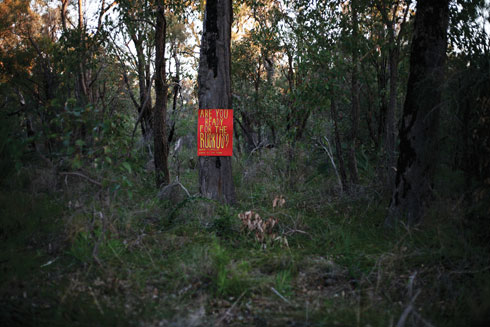
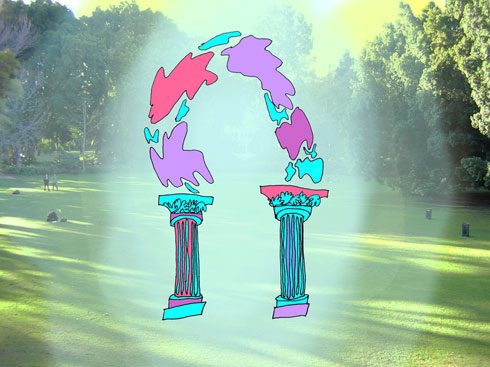
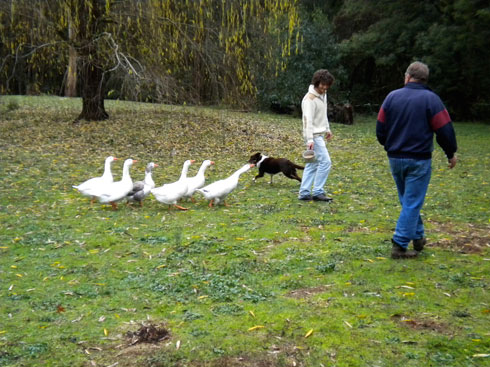
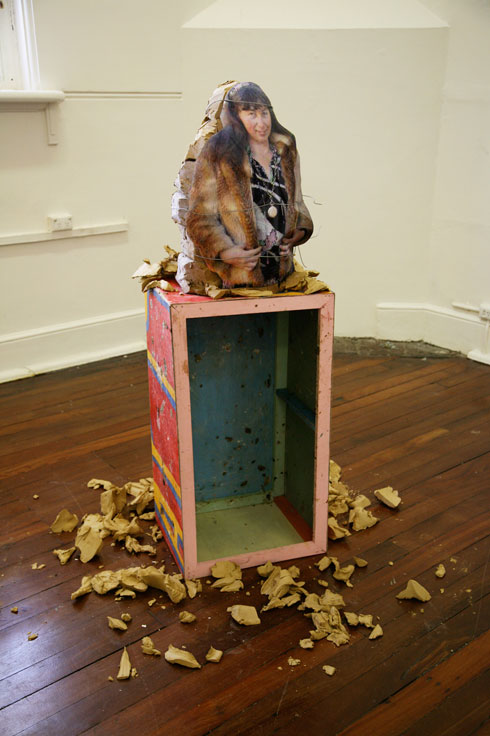 Text: Ivan Ruhle Images: George Egerton-Warburton
Text: Ivan Ruhle Images: George Egerton-Warburton
George Egerton-Warburton is the founder of the newly discovered nation-state, Bongolia. Some readers may be astonished to learn of Bongolia’s existence. They may be confused by the sudden realisation that the number of countries currently subdividing the globe – 195 at last count – has increased by one. Like myself, these readers may feel their picture of the world swell with the fact of a virgin land; a place full of sights they have not seen, sounds they have not heard, people they have not met and ways of living they had not considered.
In order to satisfy my curiosity, I invited George to the Republic of Australia for a donut and some conversation.
Ivan Ruhle: What is Bongolia?
George Egerton-Warburton: Bongolia is an independent sovereign state.
IR: Where is Bongolia located?
GEW: -33° 54′ 16.68″, +117° 2′ 1.03″
IR: How did Bongolia come to be? And does Bongolia have a founding myth?
GEW: Bongolia developed out of an ongoing investigation into the philosophical notion of the good life and, more specifically, the findings of some case studies of individuals seeking clandestine autonomy in regional West Australia. The first case study occurred when I came across an advertisement for a property with a ‘potential’ meth lab for sale, on a bikie website. After some menial research, I discovered that the owner of the property (which was really in the middle of nowhere around four hours east of Perth) also contributed to numerous backyard poultry forums and blogs, which was one of my passions at the time. I ended up meeting her, and the whole experience contributed to the new formula for the good life. The second case study was based around the Principality of Hutt River, which is a micro-nation in the North-West of Australia established subsequent to the introduction of an absurd wheat tax and a series of humorous encounters with the Governor-General occurring from around 1969 to 1972. I went up there and talked to Prince Leonard, who’s constantly scheming. He’s quite the conceptual artist. I particularly like the idea of him going up there and staking his claim while all the hippies were talking about life and getting bent; perhaps he arrived at a life not dissimilar to what they desired via the opposite set of values.
IR: What values do you see as being central to the culture of Bongolia? Or is it not that kind of place?
GEW: I’ve decided to answer this question with a poem that is a combination of edited Busta Rhymes’ ‘New York Shit,’ Frank O’Hara’s ‘Having a Coke With You,’ and some of my own poetry:
[Intro: Busta Rhymes]
DJ Scratch you sick for this one
Having a Coke with You in Bongolia
Is even more fun than going to San Sebastian, Irún, Hendaye, Biarritz, Bayonne?or being sick to my stomach on the Travesera de Gracia in Barcelona,?partly because in your anti shirt you look like a better happier St. Sebastian?partly because of my love for you, partly because of your love for yoghurt.?
Y’all know where the crown belong, y’all know we started this shit. Central values to Bongolia include being of close proximity to the soil, and soil-based activities such as digging.
I remember when we were walking around the perimeter, making the Greek yoghurt, we got the yoghurt cultures confused with the social cultures and it changed the course of our entire civilization. We strained over the muslin to create Greek Yoghurt instead of straining over the works of the Greek philosophers to create a well-rounded civilization.
Inverted profligacy disturbs the toil unbroken
‘Neath the truss, Horace has spoken
Props to Marisa and Robert for references three-deep
Oblique in the republique, hit ‘em up Ivan with that Bongolian Chic
Yeah! I’m on my Bongolia shit
Got the world followin the Bongolia script
Hustle with Tims and hoodies on my Bongolia flip
Rubberband stack no money with my Bongolia click
Woollen made clothin with my Bongolia stitch
You diggaz know we deserve the props we get
Ridin up in the range I’m in my Bongolia whip
I look at you and I would rather look at you than all the portraits in the world?except possibly for the Polish Rider occasionally and anyway it’s in the Frick?which thank heavens you haven’t gone to yet so we can go together the first time
I was walking down Railway Crescent in Williamstown yesterday, and everyone knew I was a rapper because of the coins jangling in my pocket, I was missing Bongolia and thinking about how William Blake was cheated of some marvelous experience which is not going to go wasted on me which is why I am telling you about it.
IR: There’s this idea that the public monuments of a nation reflect both the character of the nation itself and of the nation’s citizens – in the same way that a sculpted clay bust embodies some part of the person who made it, as well as the subject. Does Bongolia have any monuments?
GEW: Bongolia has many monuments. I will outline all of them, however I will begin with one in particular charaterises the nation’s citizens the best: there is a perpetual hole being dug, moving around the whole nation at a very steady pace. To give you an idea of its size, its radius is about 600mm, and it’s around 1000mm deep. I think it’s the most interesting monument because it begins by being an inverted void of a monument, however quickly and consequently has an equal protrusion, subsequent to it being dug, filled, and piled at the same time.
I am the most fond of the Bongolian ceramics range (pictured) that is in use daily. However, there was a bust sculpted in preparation for Bongolia of the first case study for clandestine autonomy (also pictured). There is the obligatory monument to Priapus, the Greek and Italian rustic god that guarded gardens and livestock with his permanently erect penis, and of course there is also the Piazza, based around the fountain.
Having considered this, and the quotes you cited in conversation from Democracy in America (Author’s note: Here’s what I took down from Democracy in America: “In democratic communities the imagination is compressed when men consider themselves; it expands indefinitely when they think of the State. Hence it is that the same men who live on a smale scale in narrow dwellings frequently aspire to gigantic splendour in the erection of their public monuments.” And, “A people which left no other vestige of its tracks than a few leaden pipe in the earth and a few iron rods upon its surface might have been more the master of the ages than the Romans.”) I would argue that Bongolia itself is indeed a monument to all pre-ruined utopias and coagulated hot messes conjured up in the dead of night hundreds of years ago.
IR: How does the economy of Bongolia function? The reason I ask this is because when I think of the good life and autonomy, my first thought is of material freedom; freedom from drudgery, from having to earn a living, from paying rent, and generally keeping up appearances within a consumer society. If I were to move to Bongolia how would I go about keeping myself clothed, fed, sheltered and in possession of free time?
GEW: You’re right; foremost is the disregard for, and disposal of, material influence. This doesn’t mean that the society doesn’t include some of the lighter aspects of Sparta’s brutal agoge, however there is rarely need for it. If a citizen feels the need to enjoy more elaborate food and clothes than the sustained acres of Bongolia can provide, they are encouraged to seek a day-visa and steal it from nearby Australian town, Kojonup. Furthermore, many in Bongolia might wish to wear no more than a Diaper and a Phrygian Cap, relying on the cool shade or warm shelter of the Jarrah arbor, so it’s not that much of an issue.
IR: Someone has described Bongolia as “a kind of pre-ruined utopia.” If this is true, do you think that Bongolia is a place where change and progress are no longer possible?
GEW: The perpetual hole monument and hot drinks machine outlined in question 7 (Author’s note: the questions were originally numbered. For reference, in the current version question 7 refers to the last question of the interview) provide good examples for the nature of the progress that Bongolia pursues. Whilst in the beginning Bongolia was founded using the (clandestine) laboratory analogy, where one sets up the conditions for an uncontrolled reaction to occur, its establishment has enabled a more recreational way of life which really relies on complacency and chipping away at things to attain this complacency. The strong relationship to the soil is also a literally grounding aspect of this nation that contributes to this complacency. I’m aware of the indulgent melancholy that perpetually digging a hole around a nation evokes, and I’m OK with it.
IR: Who rules Bongolia? By this I mean to ask, what type of political system prevails in Bongolia? Is a monarchy, a democracy, a tyranny, or a technocracy?
GEW: I had an exhibition last November that was designed to facilitate work-shopping that would eventually inform the political structure of the nation. The only person that sat down long enough for me to hand them a pen was a nice man from Margaret River who was interested in Fauvism. I managed to spook him after about five minutes, and it turned out that his friend was outside waiting in the car because he wasn’t interested in Art. So for now, due to the comforts of someone’s 1981 Mitsubishi Colt, anarchy prevails in Bongolia.
I guess that I always imagined it would function according to the tenets of the good life that I have been interested in; where each individual takes responsibility for their own actions and seeks autonomy. It occurred to me last year that democracy doesn’t really fit this bill.
IR: If I were to wake up before dawn in Bongolia and then leave the comfort of my bed to explore, what would I see?
GEW: I imagine that you’d be just in time to see my Mum emerge from her hutchie in the South West Corner of the compound, and teach her “collage” of different meditation and martial art forms to newcomers, in a cage akin to a human chook-yard. If the patrons try to leave Bongolia during the lesson, they can stay in the country for as long as they want, and if they endure the full brunt of the fulfillment-outsourcing remix, they’re euthenised like pigs in America, strung up by wire on the front loader of a Tractor.
Mum smears the dead new-age people in sheep fat. Wolves, on chains reaching as far as 80 metres, are unleashed on the expired yuppies’ hanging remains. The chains that they hastily tug at initiate a series of Archimedes’ screws stemming from three large ponds filled with the secret ingredients of Bongolia’s world-famous coffee: Mount Franklin water (there are empty 1.5 litre bottles and BP receipts strewn everywhere), unleaded petrol, and gallerists’ tears.
You might gaze momentarily over the walls, 50 cubits high and thickly knitted from the leftover pubic hair and stringy tendons of unsuccessful asylum seekers. The sun rises, hues amplified by the dust stirred by our Agrarian neighbours, busy harvesting in the summer months.
All the while, Mum drives the old Chamberlain Tractor up and down the perimeter of the nation, teasing the wolves for long enough that the leaky Archimedes’ screws can drive enough of the three ponds’ liquids over the terraced fairy garden and into a spa, where the brew marinates fairy turds for half an hour before being pressed through a big cake of coffee and reduced in a hot oven to a cup size.
The whole espresso machine is obviously incredibly inefficient, as it takes around 40 litres of the secret stuff to make a cup of coffee. Citizens are also encouraged to have double shots in the morning, because Mum’s healing sessions seem to be on the wane, and whilst there is plenty of Mount Franklin water and unleaded petrol in West Australia, gallerists to squeeze tears out of are limited.
Other than that, you’ll see a few granite rocks, wild oats, Eucalypts, a dry creek bed, an old fence, and one or two dried-out yabbie shells.
George Egerton-Warburton
Next story: Shape Up – POE



